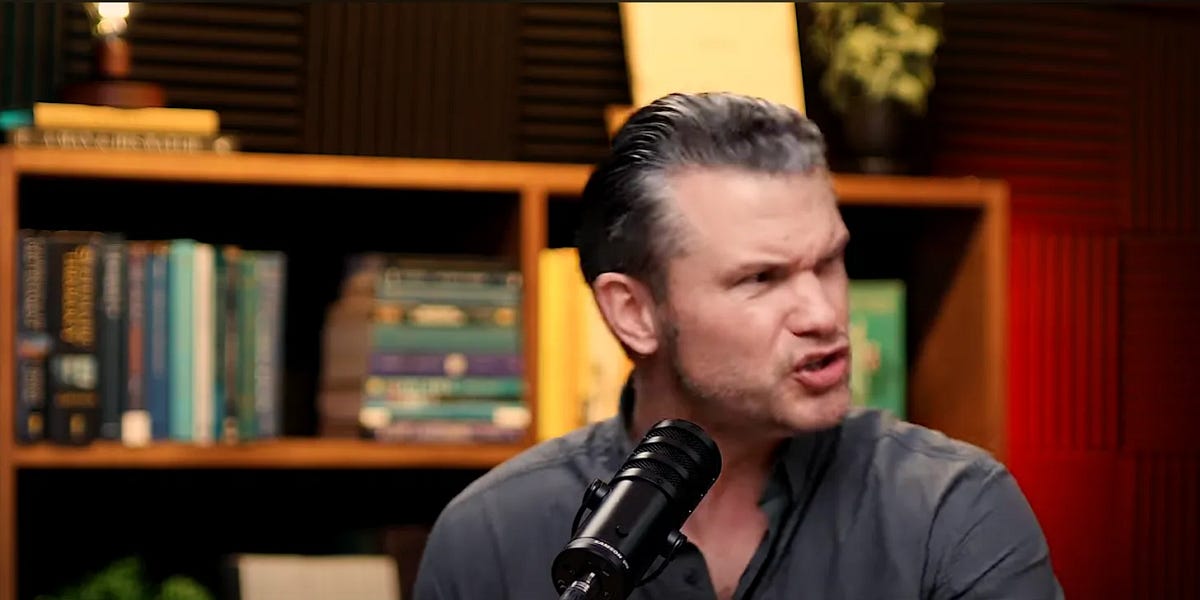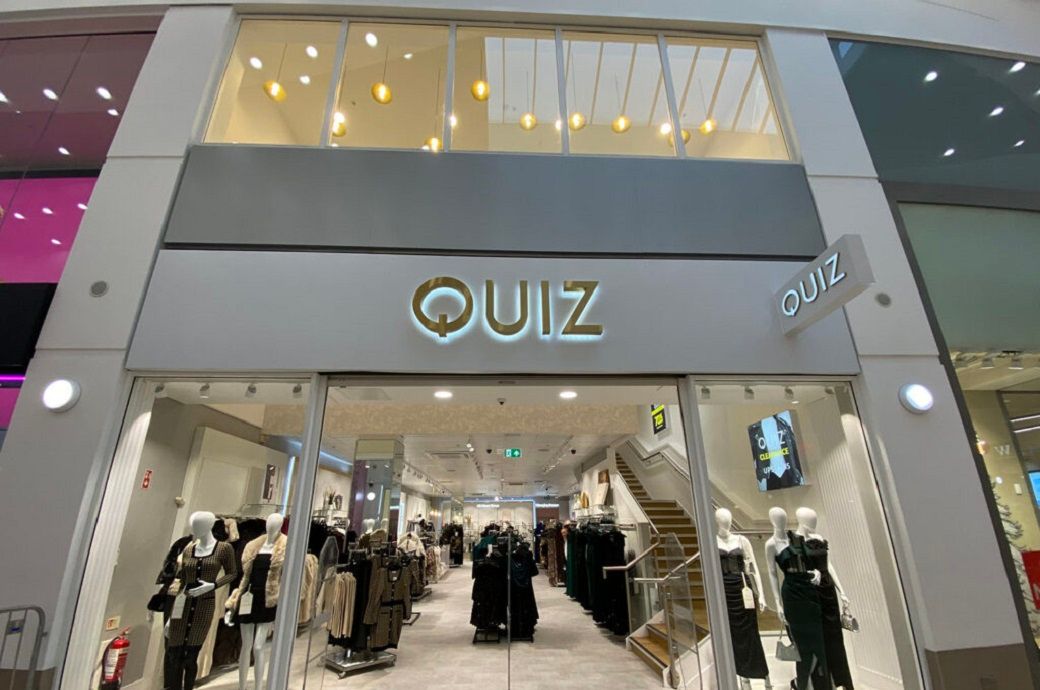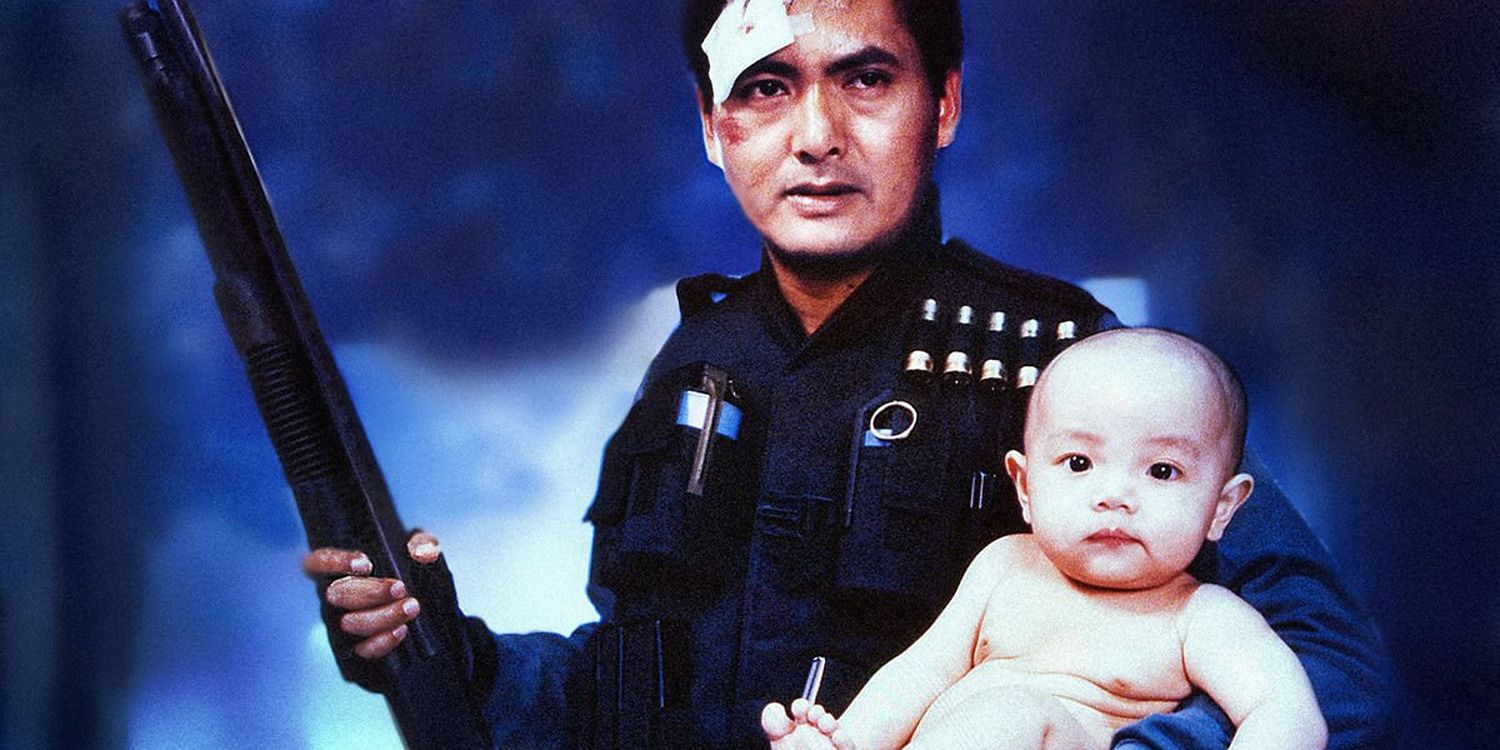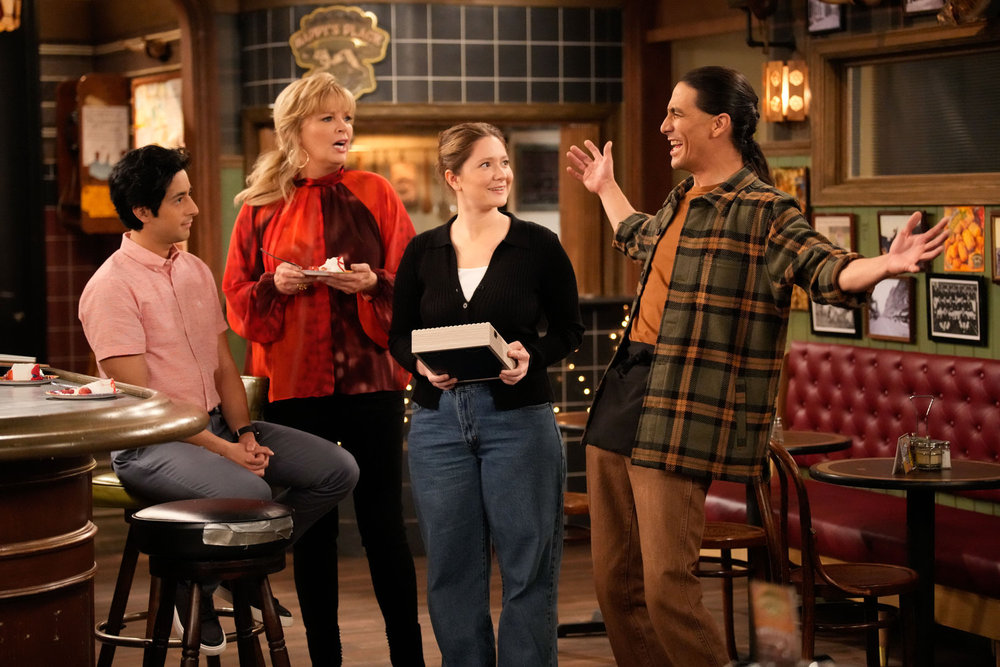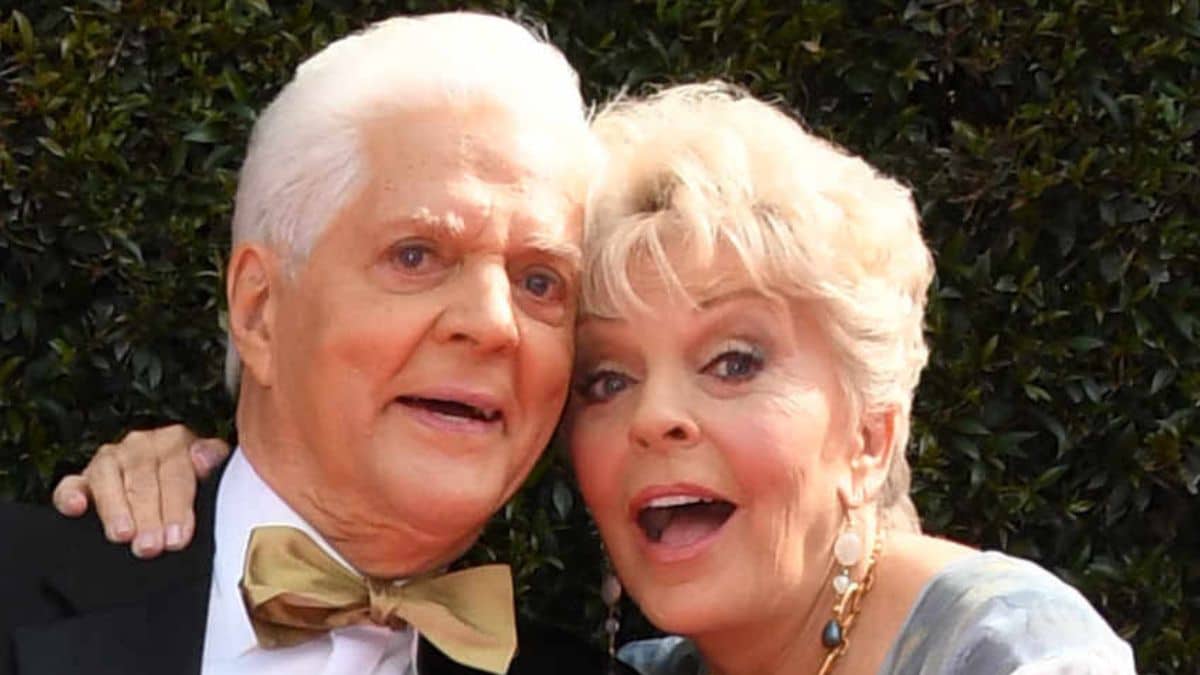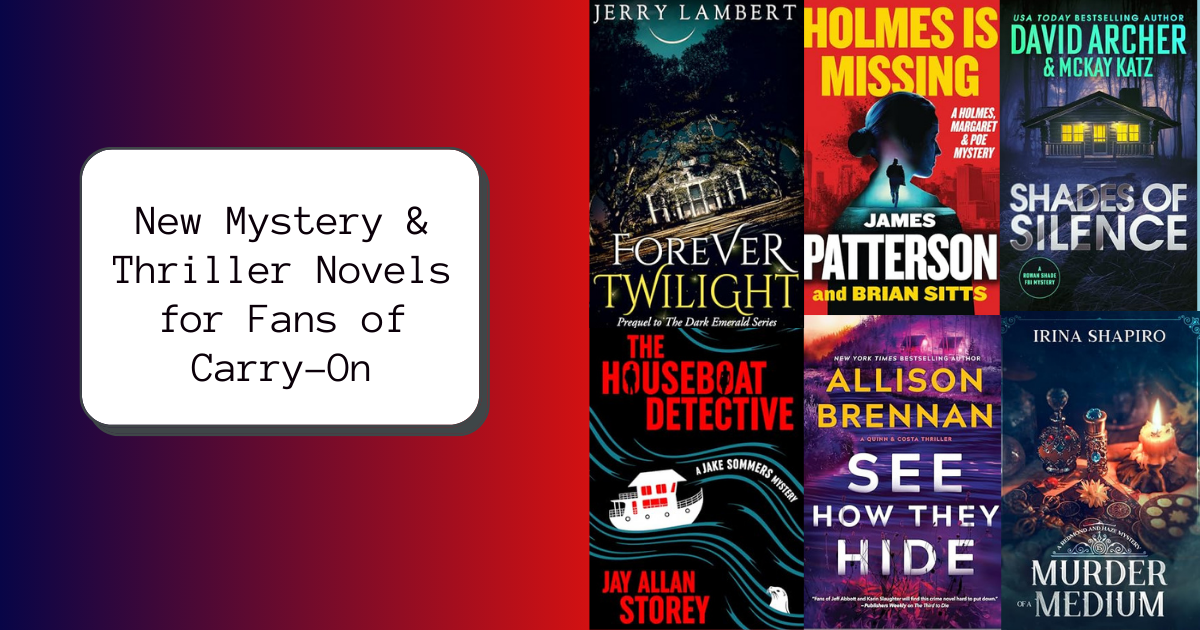It’s been a year since the festival’s co-founder, the dearly missed Sergio Mims, passed away. Celebrating its 29th iteration, the first program directly untouched by Mims, the festival conjured a theme that implicitly connected the gathering to its enduring past while looking toward a necessary future. Lead Curator Jada-Amina and Coordinator Nick Leffel rang the opening to their harvest under the banner of “Revolutionary Visions.” It’s an alluring phrase. But what exactly does it mean, and how does it feel? Similar to the temporal implication of the phrase, the very utterance demands a response. Throughout the festival, the answer arose defiantly through the selected films and the filmmakers themselves, whom Jada-Amina often prompted in post-screening Q&As to offer their interpretation of the theme. Much like the diversity in the Black diaspora, the responses were not monolithic but as unique and as idiosyncratic as the imaginations on display.
Their response could first be heard in the inherited echoes of Black cinema. Maya S. Cade (founder of the Black Film Archive), Justice Singleton (the son of director John Singleton), and Paige Taul (a visiting artist at the School of the Art Institute) served as jurists for the Richard and Ellen Sandor Family Black Harvest Film Festival Prize. The two main prizes were awarded to Joseph Douglas Elmhirst’s short “Burnt Milk” and Katherine Simóne Reynolds’ experimental feature “A Different Kind of Tender.” It’s worth noting that all three jurists, in some way, are protectors of Black cinema’s past and awarded two films that look toward the previous splendor of broken landscapes to inform their present. Black Harvest also programmed five films by Singleton’s father—“Boyz n the Hood,” “Poetic Justice,” “Higher Learning,” “Shaft,” and “Baby Boy”—to further bolster its retrospective slate.

The biggest highlights of the repertory programming could be found in the live additions. Edward O. Bland’s “The Cry of Jazz” (1959) takes place in a Chicago apartment, where an interracial group of friends gather to discuss jazz’s origins. The Black participants attempt to explain to their white counterparts why Jazz is a uniquely Black genre, one exemplified by the hurt, angst, and limitations felt by Black Americans. For all its datedness, the film is still a searing social project.
Following the “The Cry of Jazz,” singer and musician Angel Bat Dawid offered a raucous and visceral performance that ripped open the racial anxiety at the heart of Bland’s conversational film. In celebration of the Blacklight Film Festival, founded by Floyd Webb and the late Terry White Glover in 1982, festivalgoers were treated to Oscar Micheaux’s “The Symbol of the Unconquered,” backed by musicians Edward Wilkerson Jr, Jim Baker, and Jonathan Woods. I must admit, I’ve never been a lover of Micheaux’s clearly important work, if only because so much footage is missing. But the score by the trio of players, a woozy, abstract piece that elucidated the director’s political and emotional framing, put it in a newer and more urgent light.












